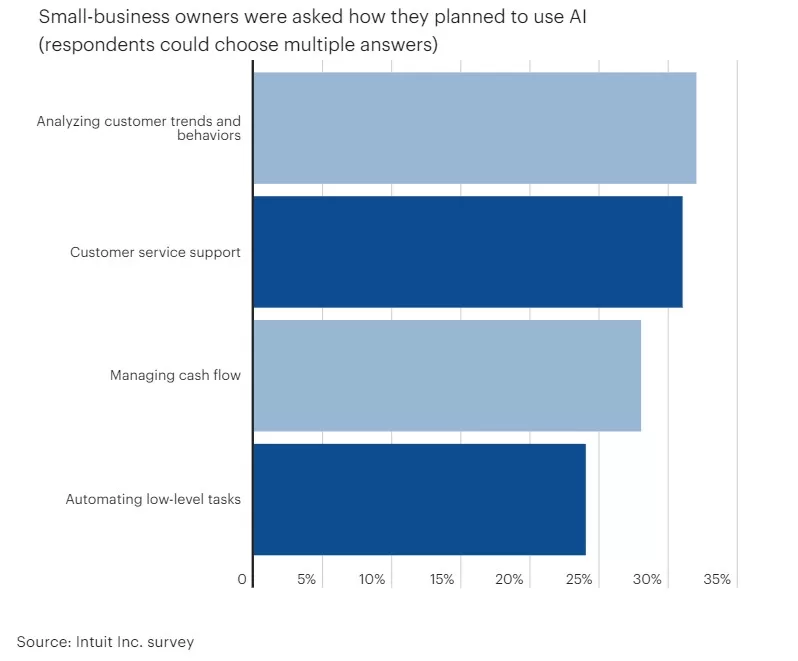The Playbook:
Tips for Thriving in the Battle for Talent

By Marq Burnett – Associate Editor, The Playbook, Charlotte Business Journal
For companies that can’t offer a remote or hybrid work setup, there are some alternatives to avoid losing out on talent.
One emerging option? The four-day workweek. Experts say the benefit can help level the playing field for industries where remote work isn’t possible.
As The Playbook’s Senior Reporter Andy Medici writes, the once fringe idea has picked up steam since the pandemic.
A recent survey by ResumeBuilder of 976 business leaders on the four-day workweek drew some surprising results: 20% of respondents said their companies currently have a four-day workweek, and 41% said their companies have plans to implement the policy.
Medici explores both the positives and drawbacks to the four-day workweek, and here are some best practices for companies that made the switch to a four-day workweek.
The Great Resignation is over. Prepare for the ‘Big Stay.’
Move over “Great Resignation” and make way for the latest business term du jour: the “Big Stay.”
After the Covid-19 pandemic led to a historic level of workers quitting their jobs in what became known as the Great Resignation, experts believe the next moment in time will see workers staying put at their current companies.
This new movement, or lack thereof, has multiple layers.
One big factor: Workers who switched jobs during the pandemic saw big gains in pay. ADP Pay Insights data showed the year-over-year pay increase for a worker switching their job peaked in June 2022 at 16.4%. In April 2023, the pay gains for workers switching jobs was 13.2%, the lowest growth since November 2021.
Sarah Wittman, assistant professor of management at George Mason University’s School of Business, told The Playbook more workers are biding their time until better offers come up.
“Most workers today have an important cost-benefit analysis to do: jump ship into an unknown where you may not have a track record of creating company value or a relational network that would save you during layoffs, or stay put and put up with your current employer despite their imperfections … so long as it is not intolerable and you can keep paying your bills,” Wittman said.
Chart of the Week
A new survey of 1,000 businesses with up to 200 employees by Intuit Quickbooks found business owners were expecting to spend between $45,000 and $142,000 on digital tools over the next 12 months, with about 73% of those respondents saying they are prioritizing tools such as artificial intelligence and e-commerce.
Our Chart of the Week shows what they plan to use AI for …
Tackling tasks

“Smart leaders never stop selling, and you shouldn’t stop recruiting either. What are the odds of the perfect job candidate having a hole in their dance card at the exact moment you happen to have an opening? Rare indeed. Keep the welcome mat out.” –– Bill Catlette, partner at Contented Cow, a leadership and employee engagement firm, on why it’s pivotal for businesses to constantly nurture relationships with sources of applicants and to be on the lookout for fresh faces — even when they don’t have openings.